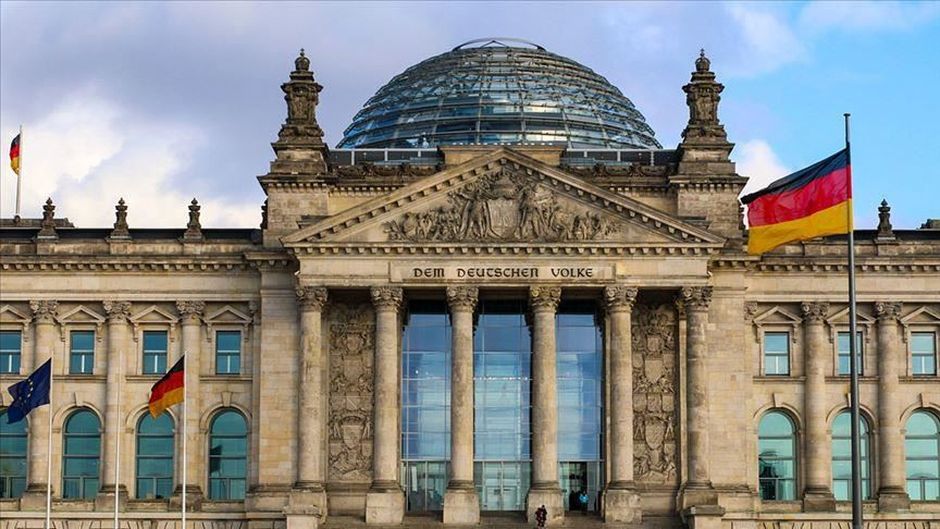The German Evangelical Alliance had previously said that “the planned law is not coherent with its assumptions. We advocate for freedom of choice”.
 German parliament passed a law banning 'gay conversion therapy' for minors. / [link]Cezary Piwowarski[/link]. Wikipedia, CC
German parliament passed a law banning 'gay conversion therapy' for minors. / [link]Cezary Piwowarski[/link]. Wikipedia, CC
The German parliament approved a law banning the so-called ‘gay conversion therapy’ for people under the age of 18.
According to the law, minors will not be allowed to take part in any intervention aimed at changing or suppressing their sexual orientation or gender identity.
It also bans the use of those therapies on people age 18 to 26 “if they are subjected to coercion, threats, or deception”.
Advertising or offering these kind of therapies can be fined with €30,000 or sentenced to up to one year in prison.
Furthermore, parents and legal guardians who force their children to undergo those procedures can also be charged.
The German Health Minister Jens Spahn, pointed out that “young people are being forced into conversion therapies, and so it is very important that they should find support in the existence of this law, a clear signal that the state does not want this to happen”.
“German law makes it easier to protect minors, whereas freedom of speech and conscience laws may confuse the issue for those above 18”, he added.
German Chancellor Angela Merkel's Conservatives (CDU) and their Social Democrat (SPD) coalition partners voted in favour of the ban, as well as the Free Democrats (FDP).
The far-right Alternative for Germany (AfD) largely abstained, except for one vote against the law. The Left Party and the Greens also abstained from the vote, arguing that the law didn't go far enough to protect young adults.
Germany is the fifth nation to pass such a ban at a nationwide level, following Malta, Ecuador, Brazil and Taiwan.
On June 2019, when the law was first proposed to the Parliament, the German Evangelical Alliance (EAD) wrote letters to the expert committee commissioned by the Health Ministry and to the Members of Parliament, offering an “alternative legislative proposal”.
The government law proposal was “neither coherent with its assumptions, nor consistent in its approach. It does not live up to its own values and targets”, Reinhardt Schink, Secretary General of the German Evangelical Alliance, told Evangelical Focus.
“The planned law will unintendedly discriminate gay people by hindering them to take responsibility for their personal lives”, he added.
Schink explained that the EAD advocates “that freedom of choice should be both taken serious and put into practice”, and wanted “to prevent that advice, help or counseling of gay people who struggle with their sexual identity or who consider to change would be criminalised”.
The evangelical leader called individual Christians and churches “to argue not that much with moral terms but to make it clear that this is about freedom (religious freedom, freedom of speech, of therapy and so on)”.

Las opiniones vertidas por nuestros colaboradores se realizan a nivel personal, pudiendo coincidir o no con la postura de la dirección de Protestante Digital.
Si quieres comentar o